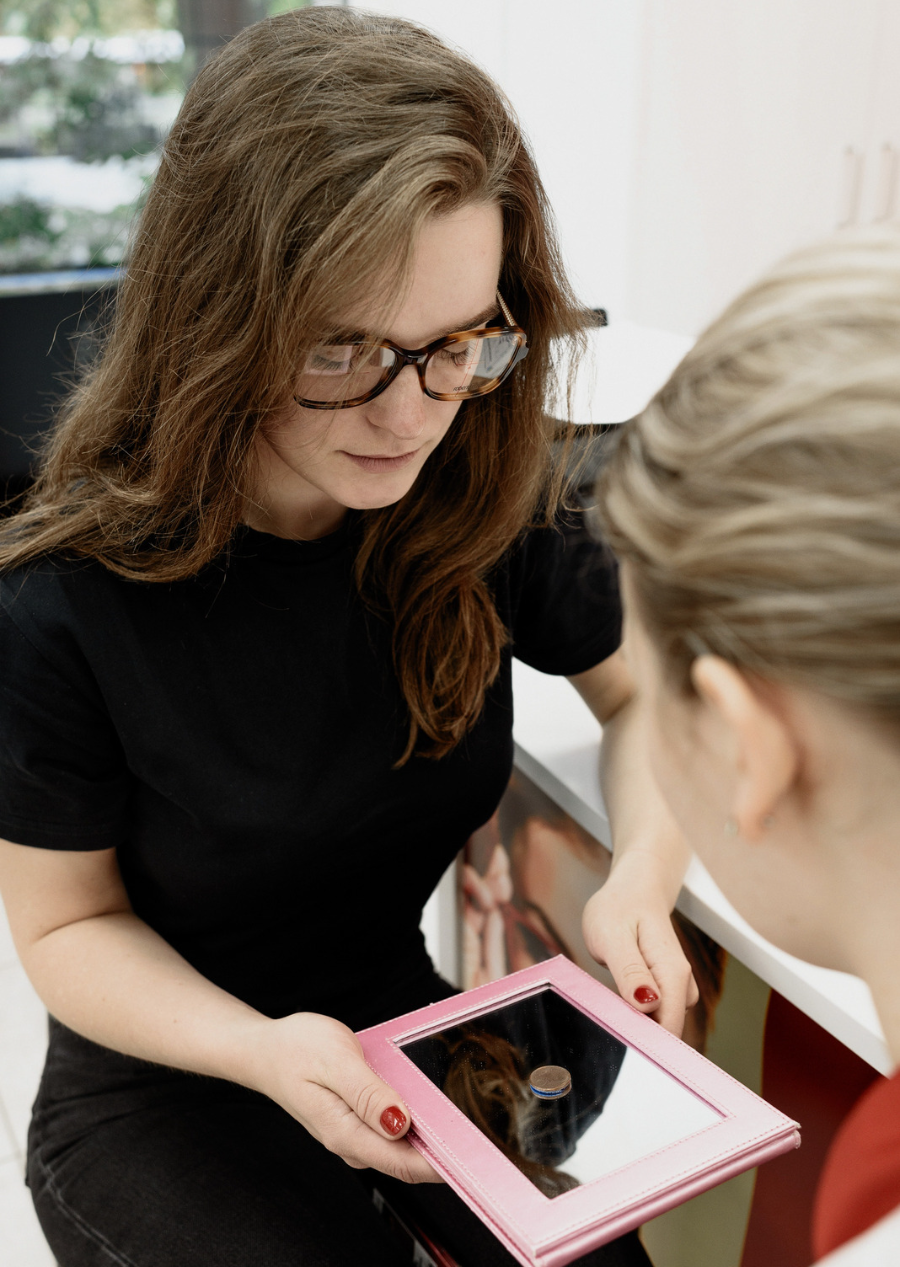Various types of vision correction surgeries are available to treat common conditions such as nearsightedness, farsightedness, and astigmatism. These surgeries can help people see more clearly without relying on glasses or contact lenses.
LASIK (Laser-Assisted in Situ Keratomileusis)
LASIK is one of the most popular types of vision correction surgeries. It involves creating a thin flap in the cornea and using a laser to reshape the underlying tissue. It is quick and painless; most people experience improved vision within a day or two.
PRK (Photorefractive Keratectomy)
Photorefractive Keratectomy involves removing the cornea’s outer layer before using a laser to reshape the underlying tissue. This procedure is often recommended for people with thinner corneas or not candidates for LASIK. The recovery time for PRK is more prolonged than LASIK, but the results are just as effective.
SMILE (Small Incision Lenticule Extraction)
SMILE is a newer type of laser eye surgery that is less invasive than LASIK or PRK. It involves using a laser to create a small disc-shaped piece of tissue within the cornea, which is then removed to reshape the cornea and correct refractive errors. As a result, SMILE has a shorter recovery time than PRK and LASIK, and the results are as effective.
ICL (Implantable Collamer Lens)
ICL is a type of vision correction surgery that involves implanting a small lens inside the eye to correct refractive errors. This procedure is often recommended for people with extreme nearsightedness or thin corneas. ICL is a reversible procedure and can be removed or replaced if necessary.
RLE (Refractive Lens Exchange)
The Refractive Lens Exchange is a vision correction surgery involving replacing the natural eye with an artificial lens. This procedure is often recommended for people with presbyopia or extreme farsightedness. The artificial lens can correct refractive errors such as myopia and astigmatism. RLE is a permanent procedure, but it can improve overall vision.
Several vision correction surgeries can improve your vision without glasses or contact lenses. Consult an experienced eye surgeon to determine which procedure is best for you. Enjoy clear vision with the correct type of vision correction surgery. Book an appointment and get an expert opinion. Our experts are always available to help.


